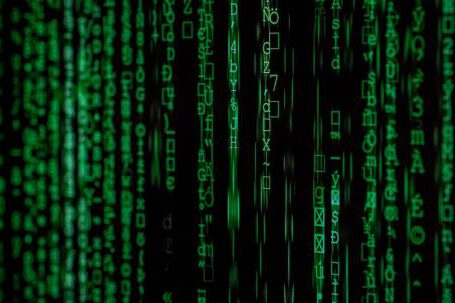Quantum computing is a revolutionary technology that has the potential to transform our future in ways we can only begin to imagine. With its ability to solve complex problems that are currently beyond the reach of classical computers, quantum computing holds the promise of breakthroughs in fields such as cryptography, drug discovery, optimization, and machine learning. In this article, we will explore the implications of quantum computing and how it will reshape our future.
The Power of Quantum Computing
Quantum computing harnesses the principles of quantum mechanics to process information in ways that are fundamentally different from classical computing. While classical computers use bits to represent either a 0 or a 1, quantum computers use quantum bits, or qubits, which can represent both 0 and 1 simultaneously through a phenomenon called superposition. This allows quantum computers to perform parallel computations and tackle complex problems with astonishing speed and efficiency.
Unleashing the Potential of Quantum Computing
Quantum computing has the potential to revolutionize numerous industries and fields. One of the most significant areas where quantum computing is expected to have a profound impact is cryptography. Quantum computers have the ability to easily crack many of the encryption methods currently used to secure our data. This poses a significant threat to cybersecurity, but it also opens the door to new encryption methods that are resistant to quantum attacks.
Another field that stands to benefit from quantum computing is drug discovery. The process of developing new drugs is time-consuming and expensive, with many potential drug candidates failing in the testing phase. Quantum computers have the potential to simulate molecular interactions and predict the effectiveness of potential drugs with unprecedented accuracy. This could significantly accelerate the drug discovery process, leading to the development of new treatments and cures for diseases.
Optimization is another area where quantum computing can make a huge difference. Many real-world problems, such as scheduling, logistics, and resource allocation, require finding the best solution among a vast number of possibilities. Classical computers struggle with these problems due to their exponential complexity, but quantum computers can explore all possible solutions simultaneously. This could lead to more efficient and optimal solutions in various domains, from supply chain management to transportation planning.
The Impact on Machine Learning
Machine learning, a subset of artificial intelligence, has seen tremendous advancements in recent years. However, classical machine learning algorithms have their limitations. They require large amounts of data and computational power to train models and make accurate predictions. Quantum computing has the potential to overcome these limitations by enabling the development of quantum machine learning algorithms. These algorithms could process and analyze massive amounts of data at an unprecedented speed, leading to more accurate predictions and insights.
Preparing for a Quantum Future
As quantum computing continues to advance, it is crucial that we prepare for its arrival. The development of quantum-resistant encryption methods is essential to protect our data and secure our digital infrastructure. Governments and organizations must invest in research and development to stay ahead of potential threats posed by quantum computers.
In addition, researchers and scientists need to continue exploring the potential applications of quantum computing in various fields. Collaboration between academia, industry, and government is crucial to unlock the full potential of this revolutionary technology.
In conclusion, quantum computing has the potential to reshape our future in profound ways. From revolutionizing cryptography and drug discovery to optimizing complex problems and enhancing machine learning, the possibilities are endless. As we navigate this quantum future, it is essential that we embrace the potential of this technology while also addressing the challenges it presents. By doing so, we can pave the way for a future where quantum computing unlocks new frontiers of knowledge and innovation.





